Green Technology Start-Ups Face Uncertain Future Amid Political Shifts in the U.S.
The political climate surrounding America’s green technology sector has become increasingly tumultuous with the return of Donald Trump to the White House. Aniruddha Sharma, the CEO of Carbon Clean, a firm based in London specializing in carbon-capture systems, expressed his growing concerns. “There are days when I have fits,” he remarked, reflecting the anxiety that grips many in the industry.
Trump’s administration swiftly imposed a freeze on over $90 billion in federal funding designated for climate technologies. This freeze casts doubt on the future of an $85-per-ton subsidy aimed at carbon-capture technology, which is crucial for removing carbon dioxide from industrial emissions.
A permanent freeze or repeal of these subsidies could spell disaster for many companies, including Carbon Clean, which has $1.5 billion in U.S. projects in various stages of development. Sharma highlighted the potential impact, stating, “If that support isn’t there, these projects will never see the light of day. We are in a wait-and-watch mode at this point of time. Our customers are waiting to hear back on what happens with their project going forward.”

A stark contrast to the optimism felt in 2022 when Joe Biden’s Inflation Reduction Act (IRA) introduced a $370 billion package in green technology subsidies, grants, and tax breaks. At that time, Sharma remarked that the new carbon capture and storage subsidy had expanded the market significantly, making previously unviable projects financially feasible.
However, the abrupt policy shift under Trump, coupled with global trade tensions, has left companies scrambling for alternative funding, with reports indicating that some may not withstand this new landscape. Frederic Lalonde, CEO of Deep Sky, a carbon-removal start-up, noted, “All procurement has stopped. Nothing’s moving.”
Since Trump’s resurgence in power, 16 major projects worth over $8 billion—such as a $1.2 billion battery plant in Arizona—have been canceled, based on data from E2, a climate lobby organization. Additionally, Natron Energy’s efforts to secure a $1.4 billion government loan for a new factory are now stalled.
Despite the wary atmosphere, some investors maintain a level of calm. Andrew Beebe from Obvious Ventures, a significant player in climate investment, suggested that the lessons learned from this unpredictability demonstrate the challenges of relying on government subsidies, especially in the early stages of technology adoption.
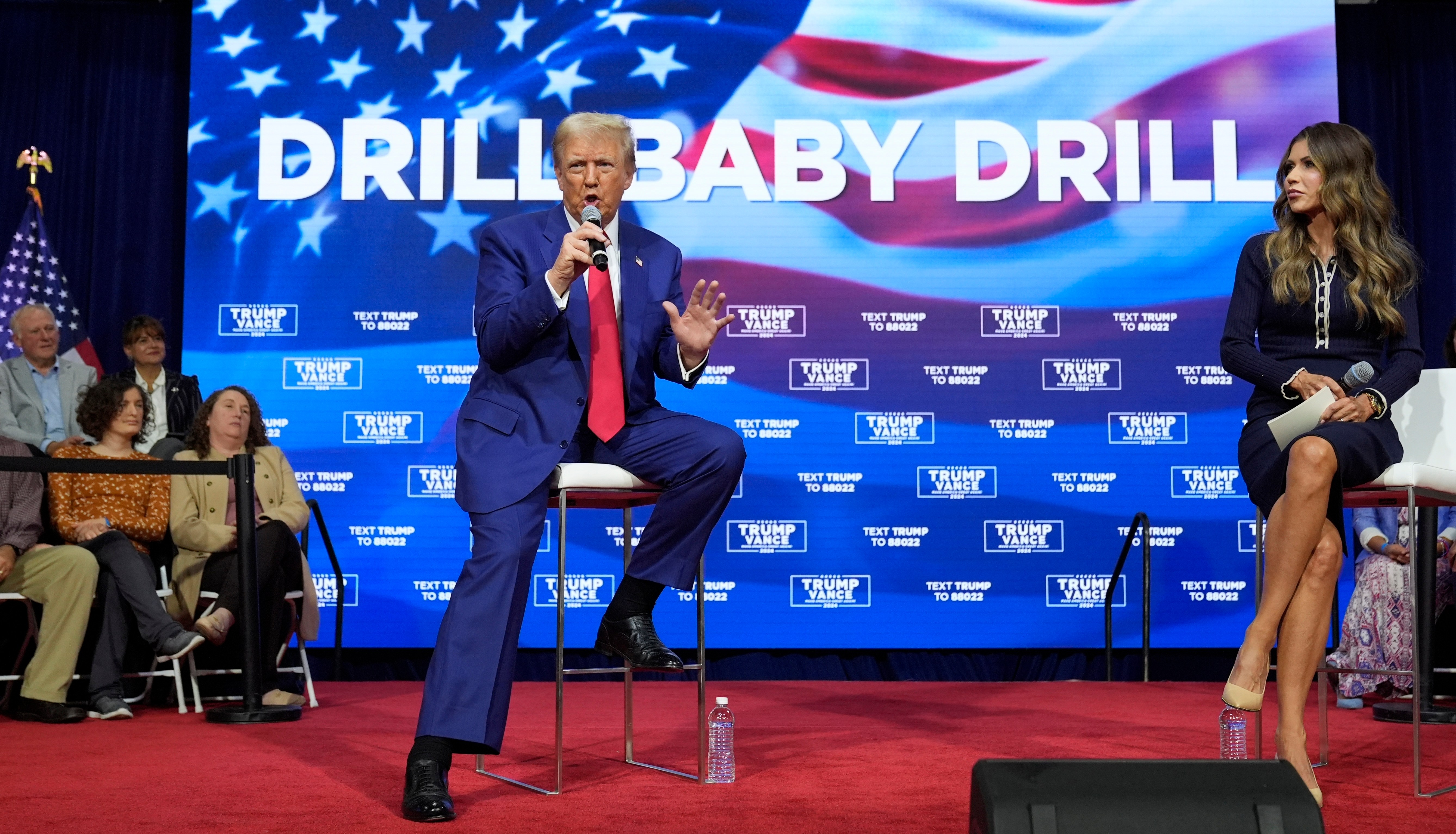
Start-ups focusing on direct air capture (DAC)—which extracts carbon dioxide from ambient air as opposed to concentrated emissions—are among those most affected. This method faces criticism due to its high costs, with subsidies for DAC currently set at $180 per ton, significantly higher than traditional carbon-capture initiatives. Beebe pointed out that he’s not particularly upset about the discontinuation of DAC funding.
Grant Faber, who previously oversaw the relevant projects at the Department of Energy, was not surprised by the funding halt. He highlighted the communication barriers set by the White House, preventing any discussions with the companies on the receiving end of federal aid.
“The sad thing is, even if we could have met with them and talked, there was nothing to say because no permissions were being granted,” he stated, emphasizing that Congress had legislated these funds for specific projects, implying a legal requirement for continuation unless official action states otherwise.

The implementation of the Biden act also contributed to sharp increases in construction expenses. Sharma reported that welders’ wages have surged in Texas due to the competitive demand created by government-backed projects, driving overall costs up by as much as 40% for some initiatives.
Looking to the future, the survival of many companies may hinge on advocacy from Congress and legal challenges. Both Democratic and Republican representatives are actively lobbying to protect the at-risk projects scattered across the nation, which include electric vehicle charging stations and carbon-management facilities.
Notably, this political tug-of-war may ultimately undermine Trump’s own America First agenda. Prominent supporters of DAC technology include major oil corporations such as Exxon Mobil and Occidental Petroleum, both of which are investing significantly in projects that could boost oil recovery through carbon injection.
Despite the challenges, a substantial portion of America’s largest corporations is setting ambitious sustainability targets, with 45% of the S&P 500 working towards a “net zero” goal.
Beebe remarked, “I don’t think, collectively, America has figured out if we are shooting ourselves in the foot or in the face. But the Trump administration is making significant mistakes affecting the future of our economy and competitiveness.”
Meanwhile, state attorneys general are pushing back against the freeze on federal funding, with a coalition of states led by California actively suing the government over the suspension of $5 billion earmarked for EV infrastructure. California’s Governor Gavin Newsom criticized Trump’s approach, urging support for bipartisan funding initiatives.
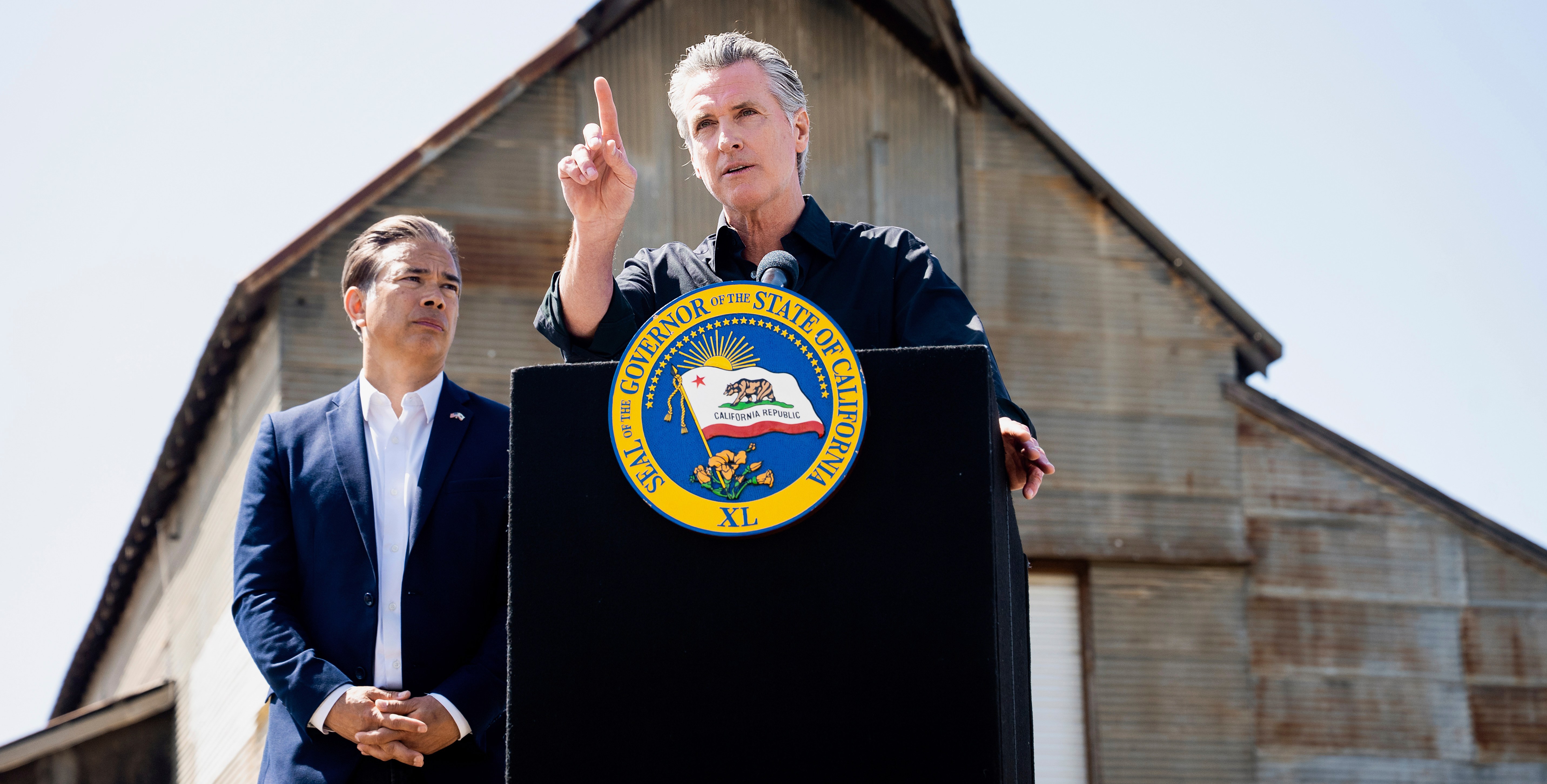
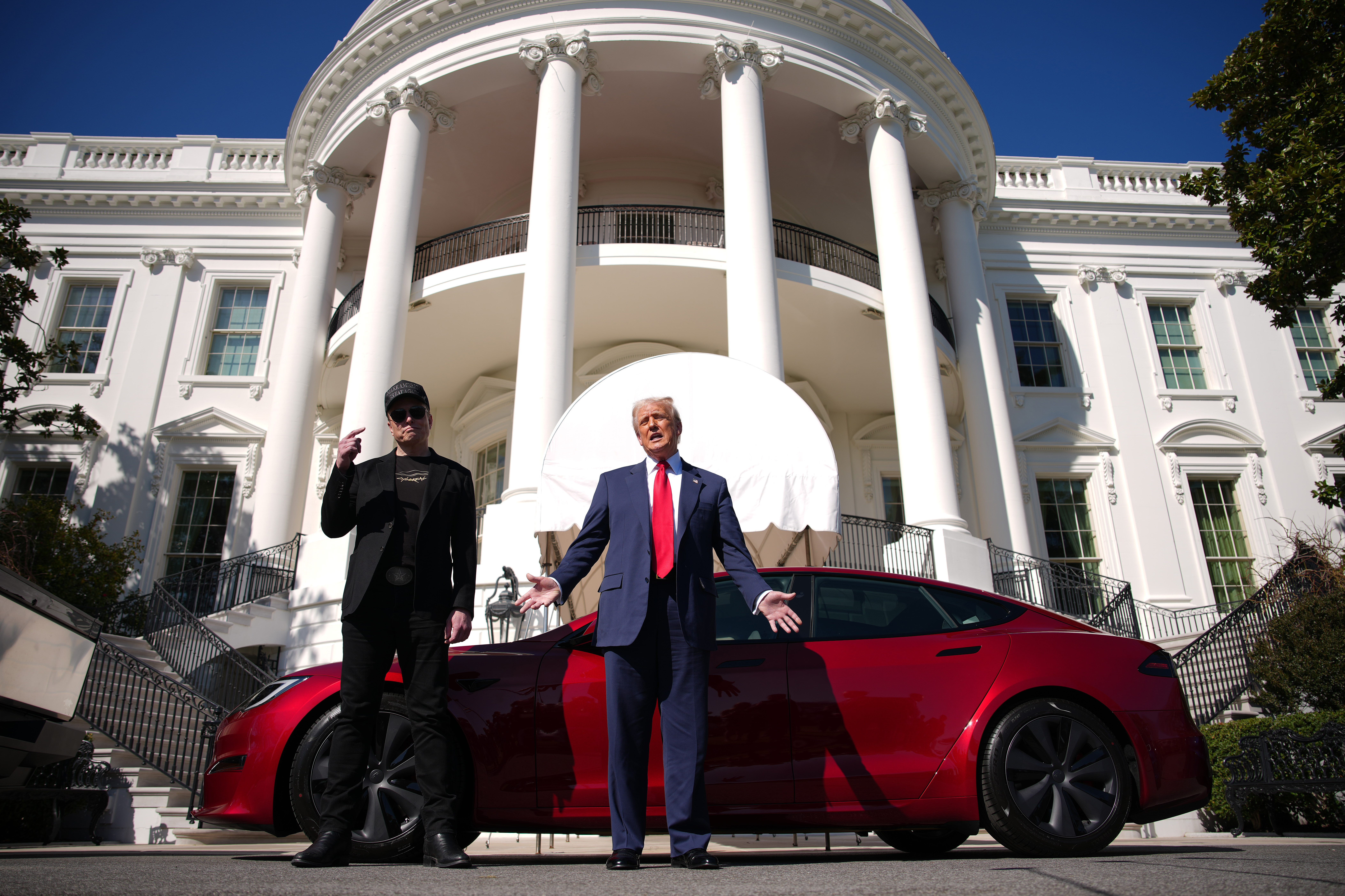
As various political conflicts unfold in Washington, the fate of both emerging and established firms hangs in the balance. Sharma summarized the situation, expressing cautious optimism: “So many lawmakers on both sides have already sent in letters saying, ‘Hey, this should be preserved.’ I think the chances of the [removal of aid] happening are very minimal.”
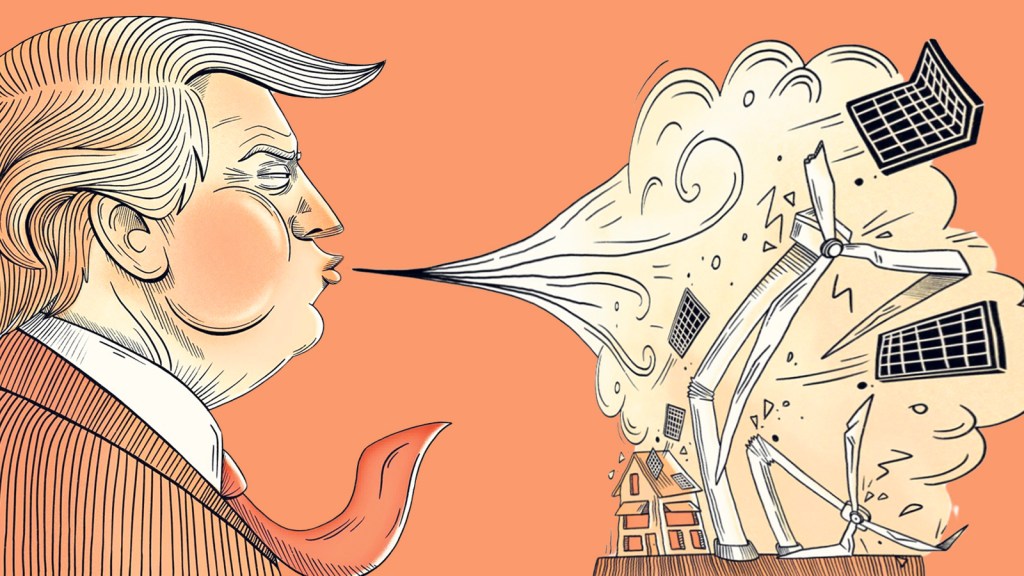


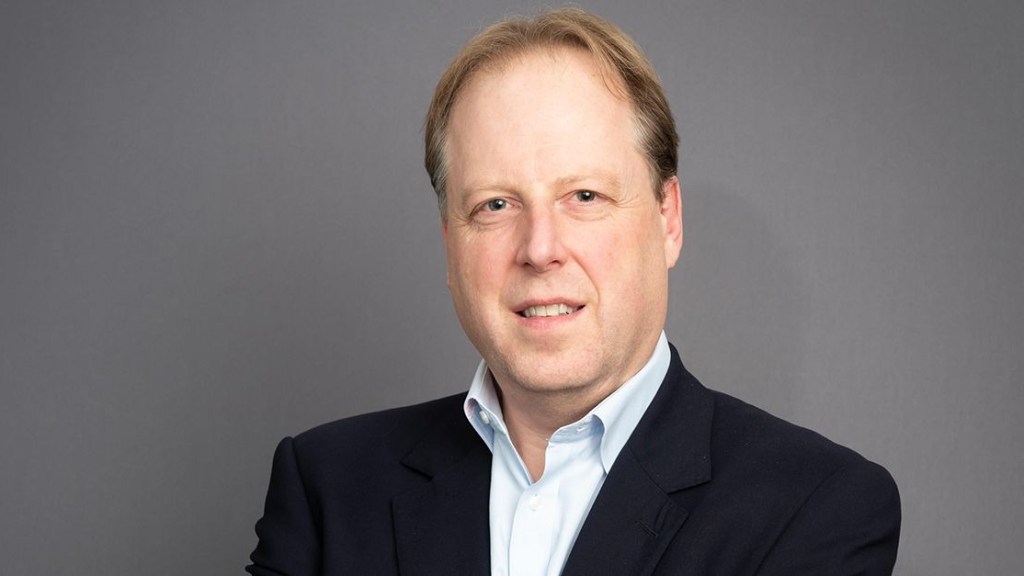
Post Comment